Publications
Articles, publications, books, tools and multimedia features from the U.S. Institute of Peace provide the latest news, analysis, research findings, practitioner guides and reports, all related to the conflict zones and issues that are at the center of the Institute’s work to prevent and reduce violent conflict.
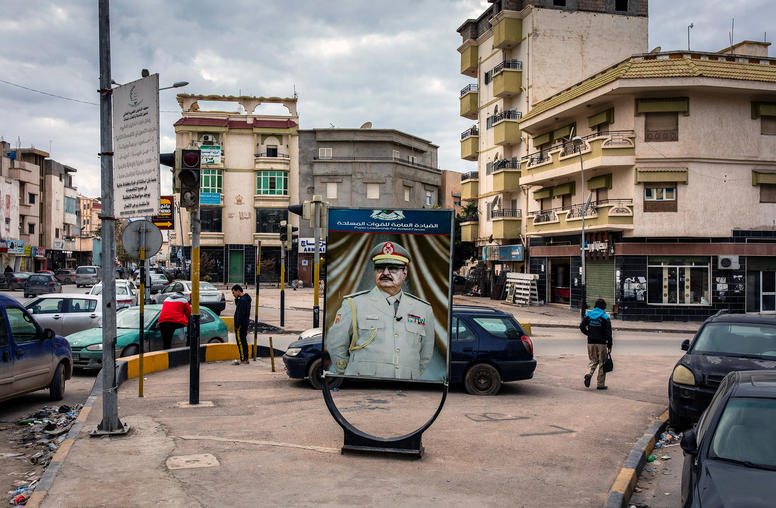
Peace in Libya will Have To Start with its People
For nearly nine years, Libyans have lived through war and political turmoil. The country has become a place for regional heavyweights and aspiring major powers to advance self-interests, often at the expense of the Libyan people. International attention and the recent peace conference in Berlin have focused on the role of external actors who violate U.N. arms embargoes, funnel money to militants, and incite violence through propaganda.
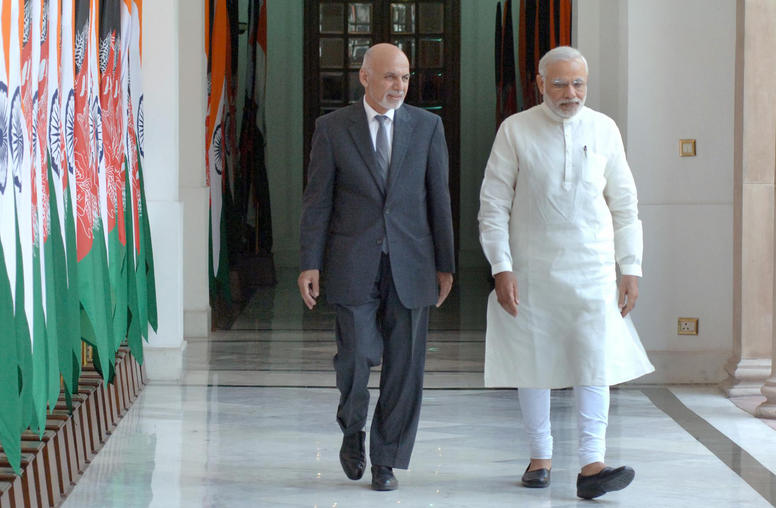
Can India Help Bring Peace to Afghanistan?
After February’s landmark U.S.-Taliban framework agreement, Afghanistan is still trying to initiate the next steps of their peace process, including intra-Afghan talks and prisoner exchanges. The country’s regional neighbors will be critical to the success or failure of the proposed talks. And while most attention naturally goes to Pakistan, with some focus also given to Iran and China, U.S. Special Representative Zalmay Khalilzad has made clear that India also has a vital role to play.
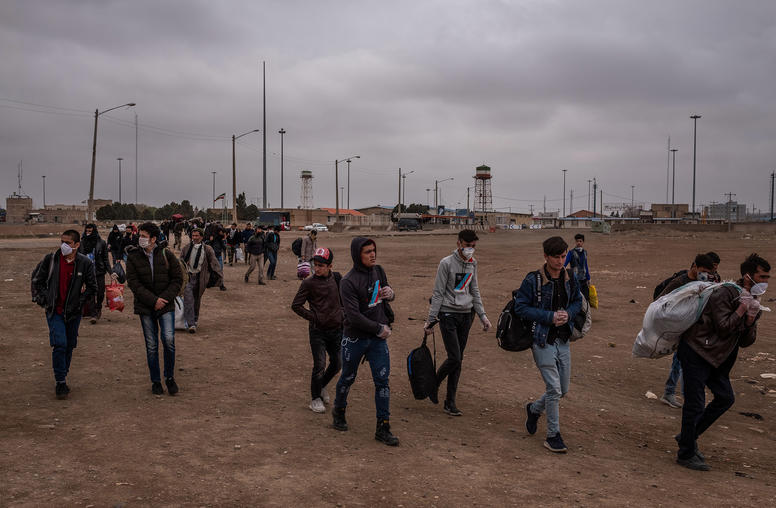
Coronavirus in Afghanistan: An Opportunity to Build Trust with the Taliban?
The COVID-19 crisis comes at a critical juncture for Afghanistan. The disputed 2019 presidential election has led to a stalemate between incumbent President Ghani and the chief executive of the last government, Abdullah Abdullah, both of whom claim the right to govern. At a time when the Afghan government should be focused on the best chance to bring peace in years, it’s distracted by a political crisis. Meanwhile, progress in the peace process has slowed since the U.S. and Taliban signed a deal in late February.
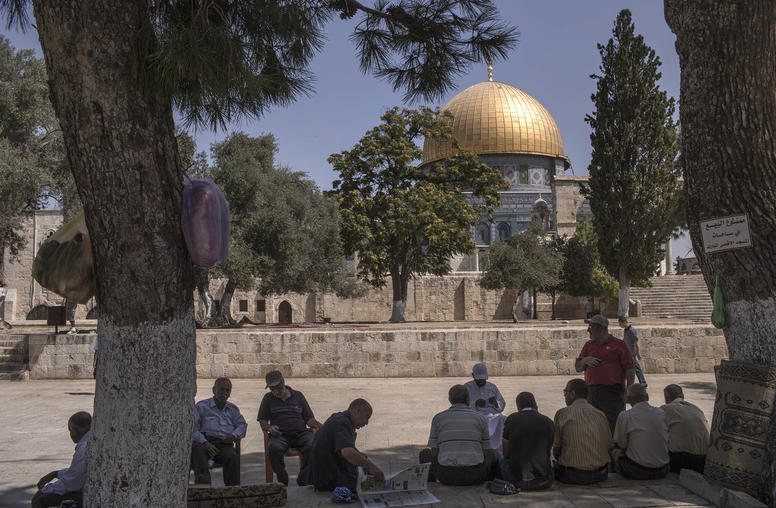
U.S., Israel and Palestinians Tie Knot of Self-Delusion
Diplomats, politicians and analysts have invoked a range of obstacles over the years to explain why Israelis and Palestinians can’t make peace: The time is not ripe; there is no partner; there isn’t enough pressure on one party or the other; one side is willing but unable to make concessions, the other is able but unwilling. Now, as the world focuses on the coronavirus pandemic and its economic repercussions, we can add another, more inclusive explanation: Israeli, Palestinian, and American leaders have all embraced self-delusion on the road to pyrrhic victory.
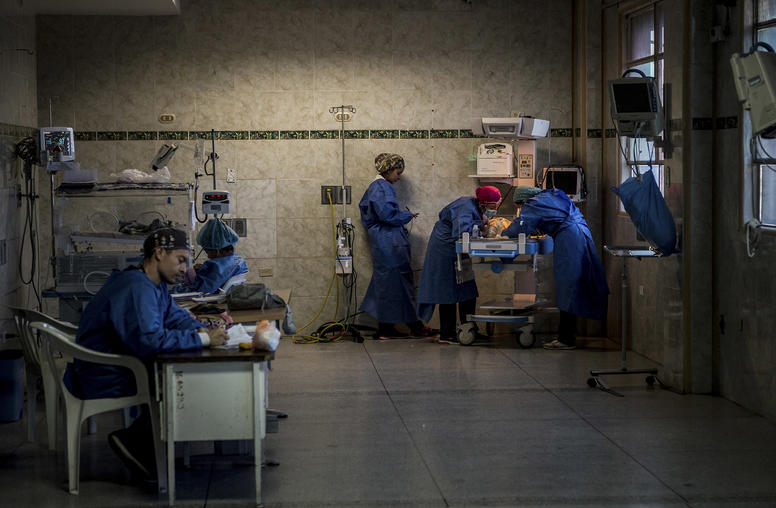
Venezuela: Could the Coronavirus Threat Be an Opportunity?
Helping Venezuela resolve its political crisis will be vital to containing the potentially catastrophic COVID-19 pandemic there. A truce in the country’s power struggle is urgent, and last week’s U.S. proposal for a transitional government offers useful ideas, even for a naturally skeptical governing regime. Advancing them would benefit from mediation, perhaps by the Vatican or the United Nations, and will require cooperation among the major powers—the United States, Russia and China—involved in the crisis. If Venezuelans and outsiders can join against the common human threat of coronavirus, that could lay foundations for an eventual political solution to the decade of turmoil that has brewed the hemisphere’s worst humanitarian disaster.
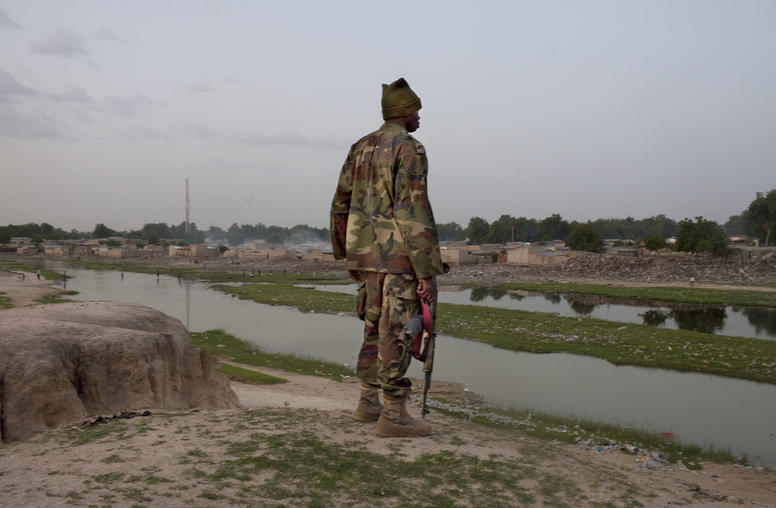
Nigeria Should Build Peace Like it Fights Coronavirus
Nigerian leaders struggling to reduce violence in the country’s myriad conflicts should take some lessons—from their own response to the coronavirus. While Nigeria’s COVID-19 ordeal is still unfolding, its eventual casualties unknown, the Nigeria Center for Disease Control (NCDC) and several governors have modeled the ways to reduce catastrophic outbreaks. The simple existence of a national prevention center with sustained resources has proven critical. Key officials have applied vital principles, acting at the first sign of danger and keeping the public widely informed. These are precisely the ways to confront Nigeria’s other national plague—of violence.
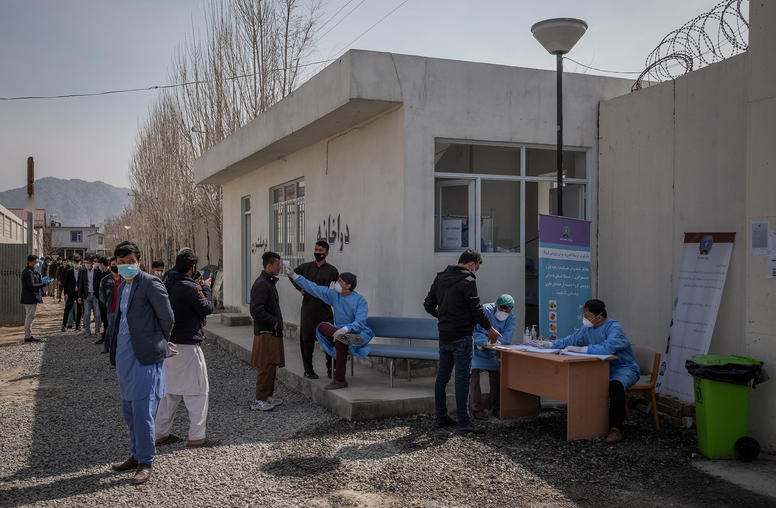
Coronavirus Poses Yet Another Challenge to the Afghan Peace Process
The Afghan peace process has been at a stalemate for weeks, as President Ashraf Ghani and the Taliban remain far apart on the logistics of prisoner releases. Intra-Afghan talks that were tentatively scheduled for March 10 have not got off the ground. Meanwhile, the disputed presidential election has led to two rival camps claiming the legitimacy to govern. U.S. Secretary of State Mike Pompeo’s effort this week to bring the parties together failed and led the U.S. to reduce aid to Afghanistan. Amid all this uncertainty, Afghanistan is beginning to see the signs of a coronavirus outbreak, which could devastate the country given its poor health infrastructure and pollution problems. USIP’s Scott Smith explains how the coronavirus could further exacerbates an already complex situation.
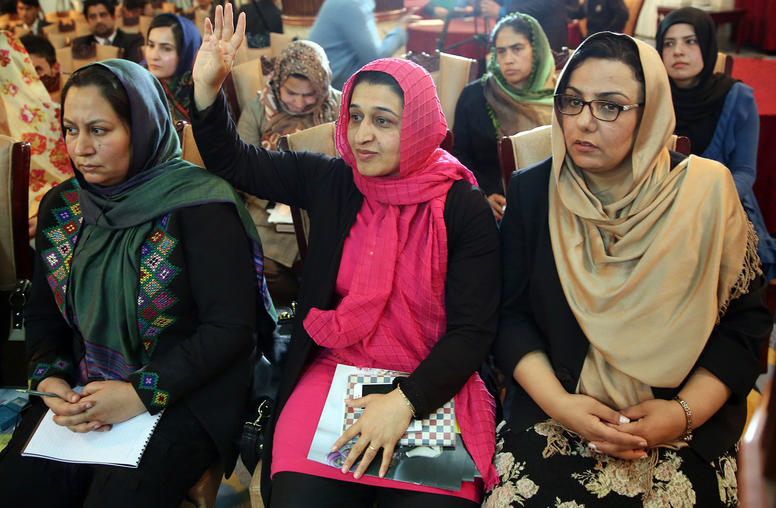
Understanding Resistance to Inclusive Peace Processes
Current peace processes are designed to be more inclusive of women, civil society, youth, opposition political parties, and other frequently marginalized communities. Implementation of inclusive peace processes, however, has not progressed smoothly—and are frequently met with resistance. Based on an examination of instances of resistance in thirty peace and transition negotiations since 1990, this report enhances practitioners’ understanding of who resists, against whose participation, using what tactics, and with what motives.
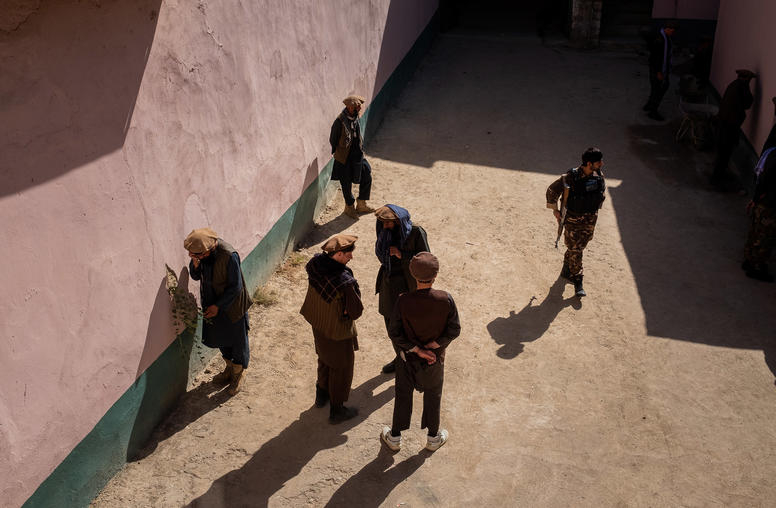
Taliban Fragmentation: Fact, Fiction, and Future
For years, the U.S. military pursued a "divide and defeat" strategy against the Afghan Taliban, attempting to exploit the supposedly fragmented nature of the group. Drawing on the academic literature on insurgency, civil war, and negotiated peace, this report finds that the Taliban is a far more cohesive organization than a fragmented one. Moreover, Taliban cohesion may bode well for enforcing the terms of its February 29 agreement with the United States, and any eventual settlement arising from intra-Afghan negotiations.
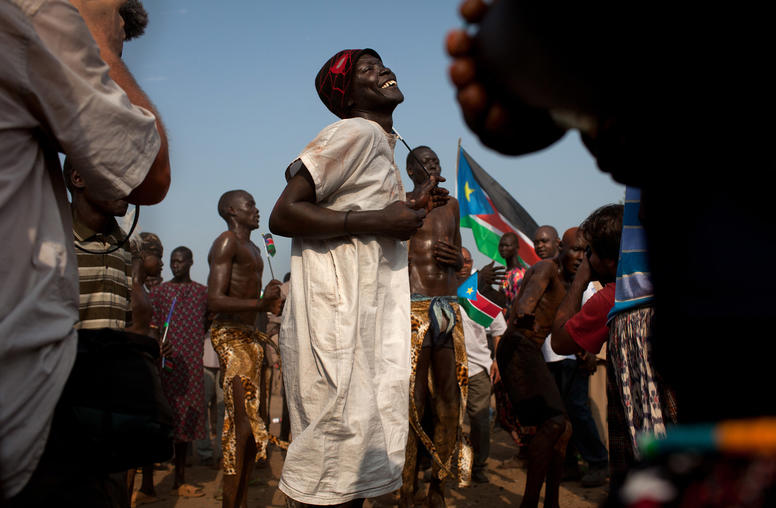
South Sudan’s Transition: Citizens’ Perception of Peace
Last month’s breakthrough between South Sudan’s government and its armed opposition on establishing a new transitional government represents a critical step toward ending the country’s civil war, a conflict that over the past six years has killed more than 400,000 people and displaced a third of the nation’s population of 12 million.